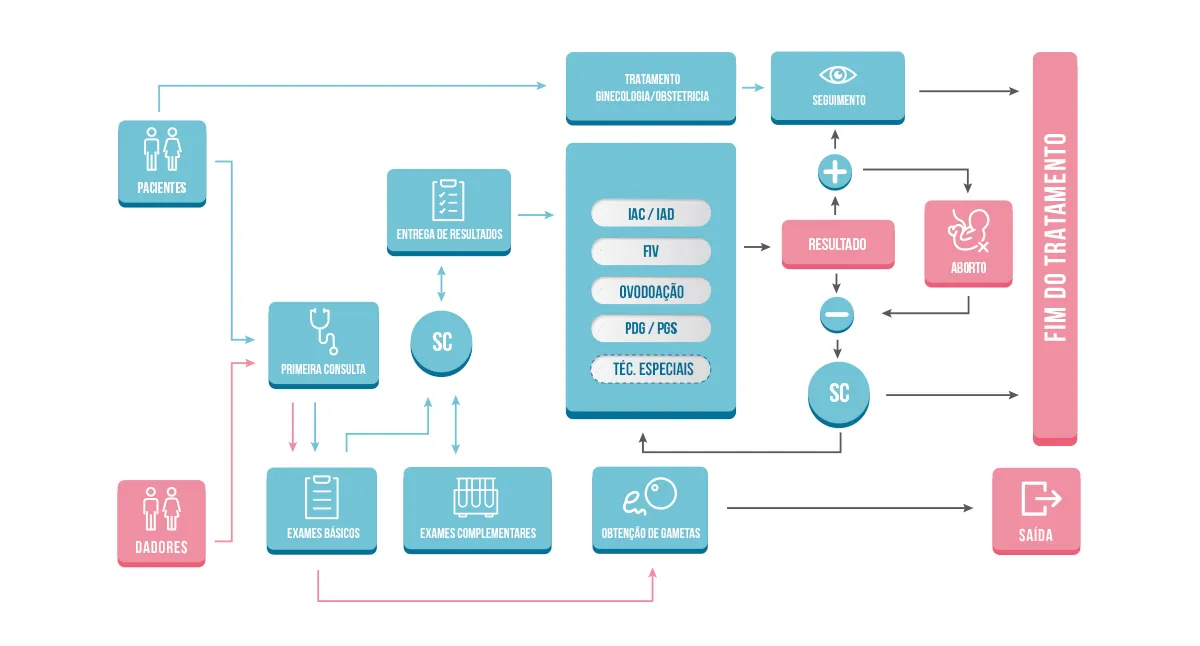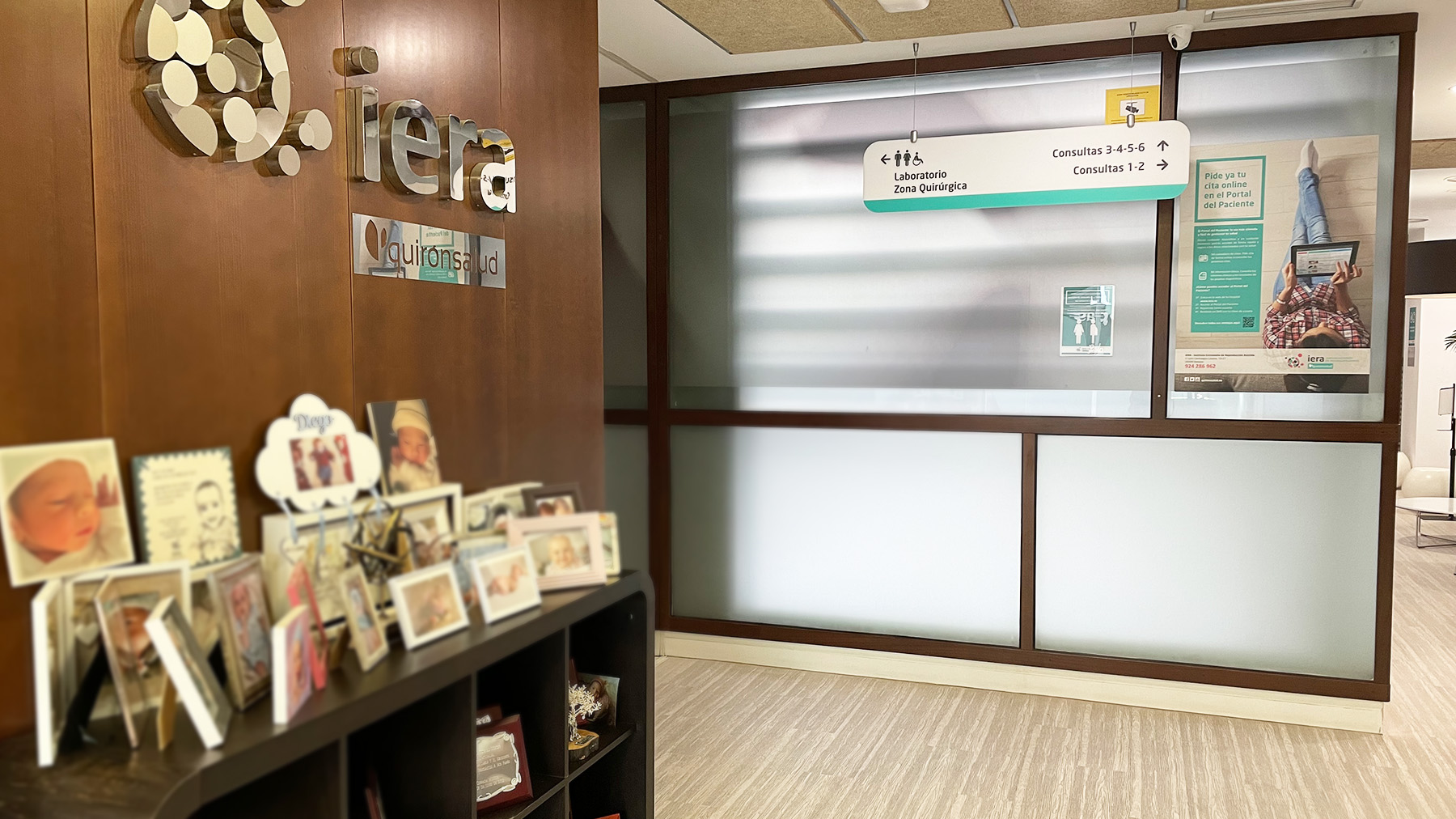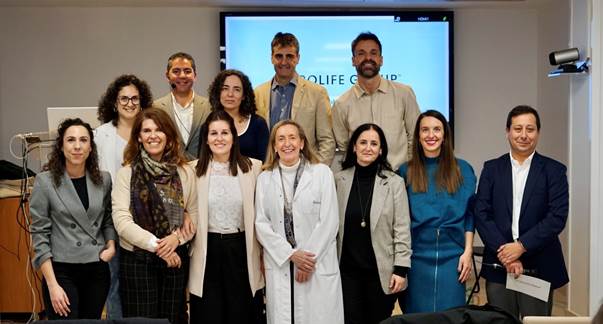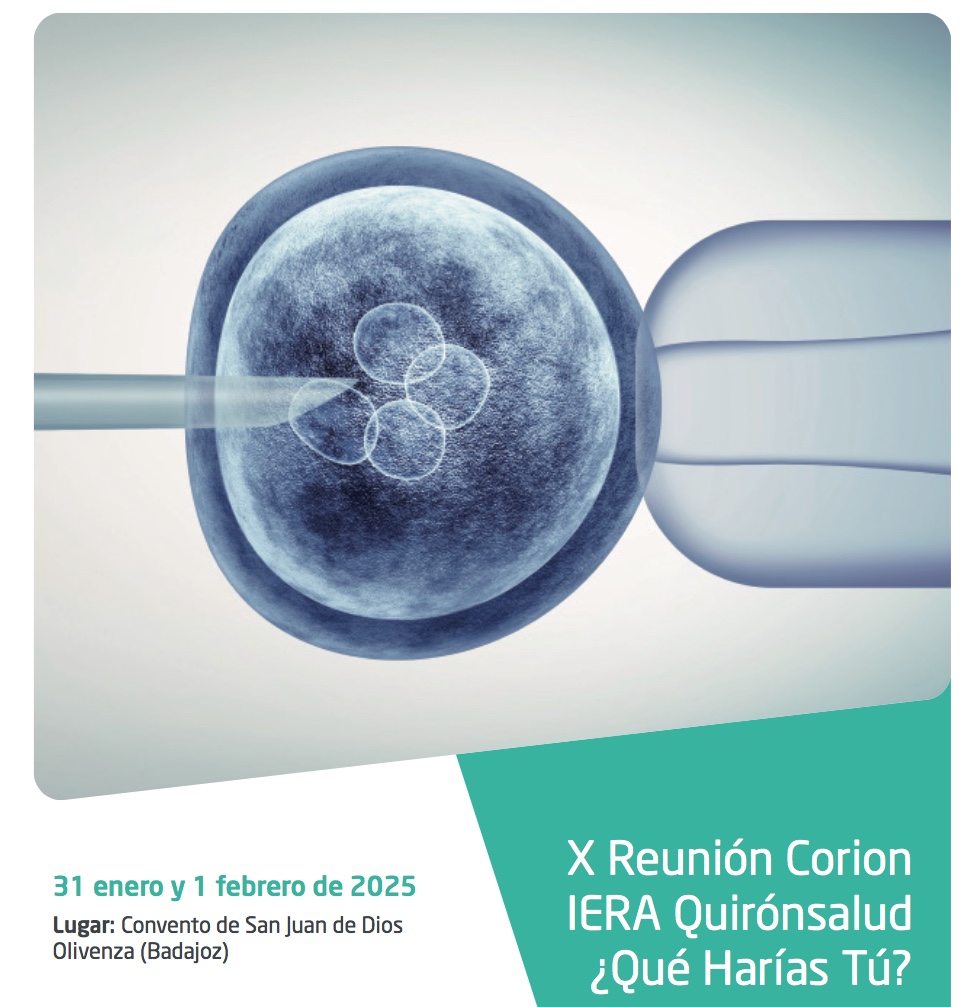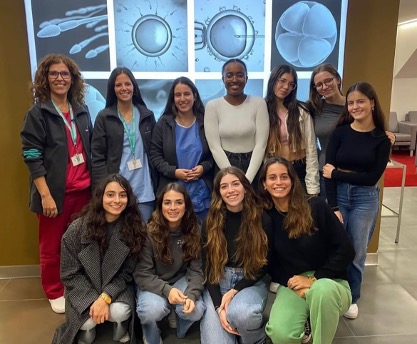
First appointment
First appointment
First appointment
At the first appointment, the couple will be assessed and informed about the possible Assisted Reproduction treatments available and their costs.
Our admissions team will arrange an appointment with one of our gynecologists on a first visit, where they will explain the treatments we have at our center and analyze your medical, reproductive and family history to see which techniques and tests will be carried out according to your specific case.The study protocol we carry out at the center is as follows:
Women's Study
General analyses and gynecological ultrasounds are done to screen for female alterations. In addition, serological analyses, hormonal analyses, a complete gynecological review, a karyotype and additional diagnostic tests that your doctor thinks relevant can also be carried out.
- Anamnesis: Assessment of personal and family history.
- Physical examination with cytological study and vaginal ultrasound.
- Analytical examination on the third day of the menstrual cycle with hormonal study and biochemical markers.
- Serological analysis to rule out infections. Such as HIV, hepatitis B, hepatitis C, syphilis, toxoplasmosis, rubella.
- Karyotype to detect any chromosomal abnormalities that could cause an alteration in egg production or any other disease that could be passed on to your future children.
- Tubal patency tests.
- Other more advanced tests will be prescribed according to the characteristics of each patient
Study of the Man
The main male diagnostic test to be carried out will be the spermogram with retrieval of motile sperm (REM), which allows us to make an initial assessment of the sperm's ability to fertilize. In addition, serological analyses, hormonal analyses (FSH, testosterone), karyotype and complementary diagnostic tests that your doctor deems relevant may also be suggested.
- Anamnesis: Assessment of personal and family history.
- Spermogram: A study of the quality of sperm in which concentration, mobility, morphology and vitality, among other parameters, are studied. On some occasions, where there are altered parameters, it will be necessary to repeat the study to confirm the results.
- Sperm DNA fragmentation study: Evaluation of the rate at which the sperm's genetic material is broken down. Values above the parameters considered normal would imply the introduction of advanced sperm selection techniques, treatment with antioxidants or the use of a semen donor.
- Hormonal study and biochemical markers. Serological analysis to rule out the existence of some kind of infection. Such as HIV, hepatitis B, hepatitis C, syphilis.
- Karyotype to detect whether or not there is any chromosomal alteration that could be causing poor sperm production or any pathology that could be passed on to offspring.
- Other tests or explorations that suggest a more complete study will be evaluated by the Center's andrology laboratory. These complementary tests include seminal culture or sperm FISH.
In certain cases, such as the man not being able to attend the center on the day of the treatment, the impossibility of obtaining a semen sample or the seminal samples being critical, it will be advisable to cryopreserve the semen sample.
Once all the analyses requested by the gynecologist have been done, your case will be evaluated in a clinical session where it will be decided which type of treatment is most suitable for the couple.
Donor or couple sperm
The use of donor semen comes from a Certified Sperm Donor Bank. The semen is requested taking into account the physical characteristics of the patients and the donor.
"Once the assessment has been completed, patients can begin the most appropriate and effective treatment for their particular case."
